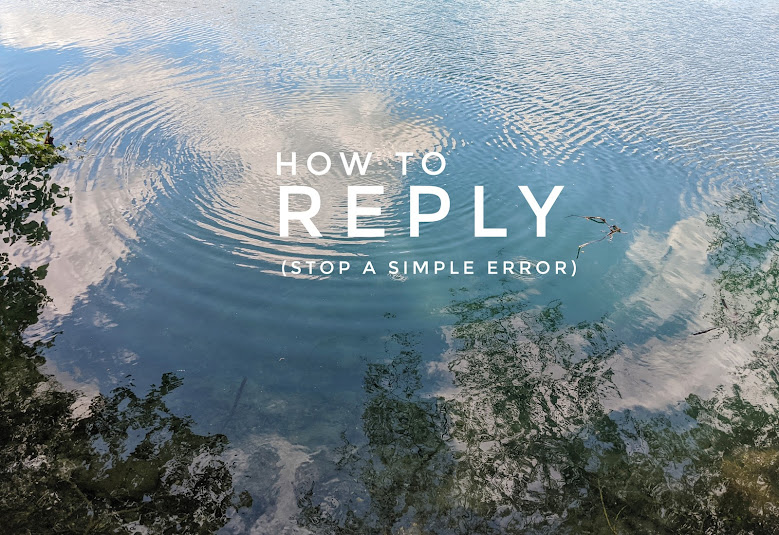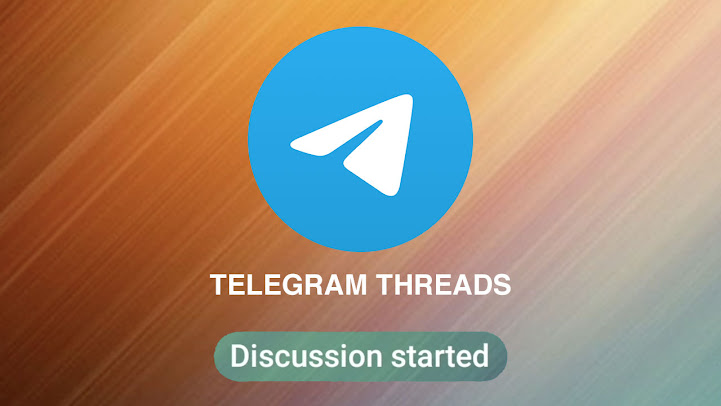What is a "Friend Request"?
I neither send nor accept "Friend Requests" .....
Facebook popularised the notion of a "friend request" in modern digital culture.
What are people requesting?
When was the last time, in the real world, that you asked someone to be your friend?
It's the kind of behaviour which we may have participated in when we first entered social groups such as: infant school or kindergarten, but it's definitely not something most of us do in our real world adult lives. Friendship is something that's given, it's not requested.
So what are digital requests really for?
Friend requests are requests for ACCESS to a couple of things ...
- your digital self.
- content associated with that digital self.
Is a one-time pass a good way to manage access?
Let's look separately at the two things which digital requests grant access to.
1: Your digital self.
Access to your digital self is the ability to notify you about something.
There are three types of communication where this happens.
- Public. For example the mention of one person by another in public content.
- Limited. For example the mention of one person by another in content with limited (non public) visibility.
- Private. Content visible very few people. Often just sent one-to-one. Where it's only visible to the "sender" and the "recipient".
Is a "Friend request" the best way to grant access to your digital self? No.
For me personally and for others in the communication industry, it would be logical to allow "anyone" the possibility to trigger a notification to contact. It's crucial to understand that "contact" here is independent of "connect".
For any non famous internet user the level of unwanted notifications is likely to be low. If a user triggers notification in a way that is viewed as spam they can be easily blocked, after which that user will no longer be able to notify you.
For any non famous internet user the level of unwanted notifications is likely to be low. If a user triggers notification in a way that is viewed as spam they can be easily blocked, after which that user will no longer be able to notify you.
People can choose from the following who can notify settings ....
- Anyone
Anyone could contact you. - Your Circles
Only people you have chosen could contact you. - Extended Circles
Analogous to what was "Friends of Friends" on Facebook. e.g. People in your circles + people in their circles could contact you. - Only You
Where no one would be able to contact you. - Custom
Which would be only some of the groups of people you defined could contact you.

I for normal users I would recommend setting "who can notify" to: Anyone.
2: Your associated content.
With a "Friend Request" you are granting others the ability to see and engage on your non public content.
To Facebook users that may sound fine but I don't think it is.
I'll show you mine and you show me yours?
It's the reciprocal nature of access requests that makes no real sense. The phase: "I'll show you mine and you show me yours" is a phrase you probably haven't used since kindergarten. It is a fundamentally immature digital mindset.
What would be a mature mindset in terms of sharing?
- When you "Follow" a profile you see only public content from that user.
- Unless that person chooses to share something nonpublic with you.
- Whether you see public or private content from others depends on YOU.
Here there is no reciprocal access request. This is why I don't send "Friend Requests" and I don't accept "Friend Requests".
Defending your rights
My "real world" friends mostly don't understand my stance on access requests. They find it frustrating, as it means I cannot see some things that they might wish me to see.
I'm defending a concept I feel is important. It should be your right to define your relationships, your right to choose who can contact you, and your right to choose who you share content with.
I use Google+ where I can share public content, or share limited / private content with the people I choose. I see what others share publicly for everyone to see, and I see what others have chosen to share with a smaller group of people, or have shared just with me.





Comments
Post a Comment